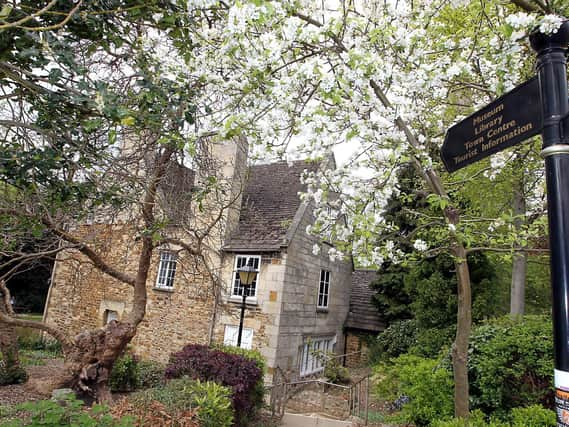Kettering museum admits archive gap and appeals to town's Windrush generation to tell their stories


Kettering’s Windrush generation is being asked to come forward with their stories to help tell an important part of the town’s black history.
The town’s Manor House Museum is appealing for memories and photographs of those who settled in the town after arriving from the Caribbean commonwealth during the 1940s to 1970s. The people who emigrated are referred to as the Windrush generation after the name of the Empire Windrush ship that brought the first groups of West Indian migrants to England in 1948.
Advertisement
Hide AdAdvertisement
Hide AdIn recent years the group has been part of a political scandal when it was exposed that people were being detained wrongly, denied legal rights and benefits and even deported after the Conservative government tightened immigration controls.
As part of October’s black history month the Kettering museum has acknowledged the gap in its archive and now wants to create a collection.
A message on the web page, which has been put up this month says: “So, this is where we put our hands up and we ask for your help.
“The museum collection does not represent this time in our history and we would love to collect your memories, thoughts or related donations which will help us to share the story of the Windrush generation in the local area.”
Advertisement
Hide AdAdvertisement
Hide AdThe website gives a run through of black history in the town dating right back to Roman times and also chronicles what it is calling the ‘complicated story’ of William Knibb, the Baptist minister from Kettering who went to Jamaica in the 1800s and played a part in the abolition of slavery.
It also features the story of hundreds of black Amercian GIs who were stationed in Kettering during the Second World War. They were segregated from their white colleagues and were made to socialise separately at St Phillip’s Hall in Melton Street. The web page features footage of the black soldiers marching through the Kettering streets.
Anyone who wants to share their memories with the museum can email [email protected]